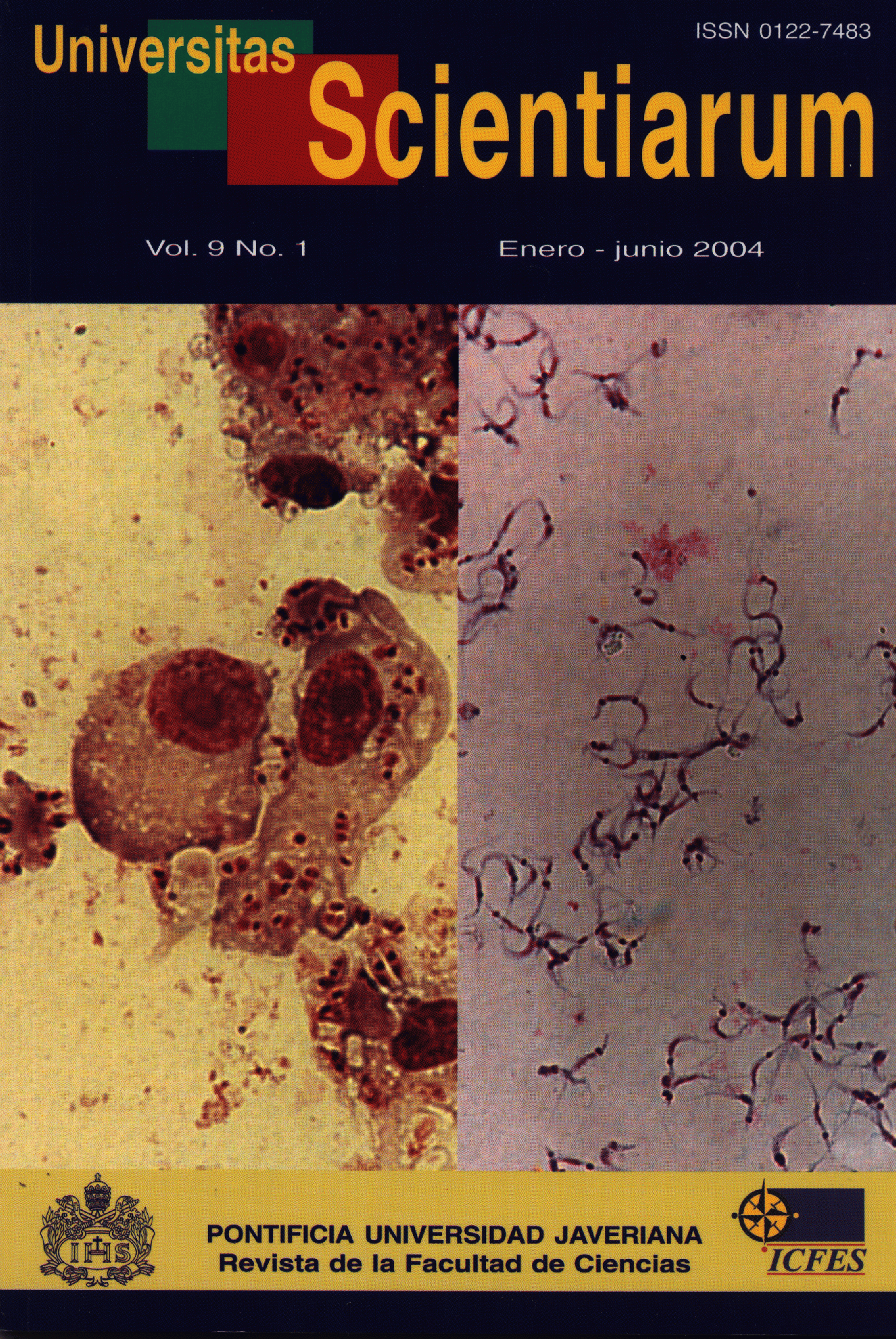Abstract
Antigen presenting cells are capable of capturing and processing antigenic peptides to be presented to T lymphocytes in the context of the Major Histocompatibility Complex. These peptides derived from self or no self proteins could be recognized by the T Cell Receptor expressed on the surface of T lymphocytes. However, this presentation is not enough to activate peptide specific T lymphocytes. Dendritic cells are potent antigen presenting cells and also have the capability to generate a second signal to stimulate T cell response. Currently, dendritic cells seem to play a central role in the development of autoimmune diseases and also in the immune response to microbial and tumoral antigens. The active study of their function and the possibility to purify dendritic cells form peripheral blood and even differentiate them in vitro from blood precursors will allow future and new immune therapies for several diseases.Univ. Sci. is registered under a Creative Commons Attribution 4.0 International Public License. Thus, this work may be reproduced, distributed, and publicly shared in digital format, as long as the names of the authors and Pontificia Universidad Javeriana are acknowledged. Others are allowed to quote, adapt, transform, auto-archive, republish, and create based on this material, for any purpose (even commercial ones), provided the authorship is duly acknowledged, a link to the original work is provided, and it is specified if changes have been made. Pontificia Universidad Javeriana does not hold the rights of published works and the authors are solely responsible for the contents of their works; they keep the moral, intellectual, privacy, and publicity rights. Approving the intervention of the work (review, copy-editing, translation, layout) and the following outreach, are granted through an use license and not through an assignment of rights. This means the journal and Pontificia Universidad Javeriana cannot be held responsible for any ethical malpractice by the authors. As a consequence of the protection granted by the use license, the journal is not required to publish recantations or modify information already published, unless the errata stems from the editorial management process. Publishing contents in this journal does not generate royalties for contributors.



